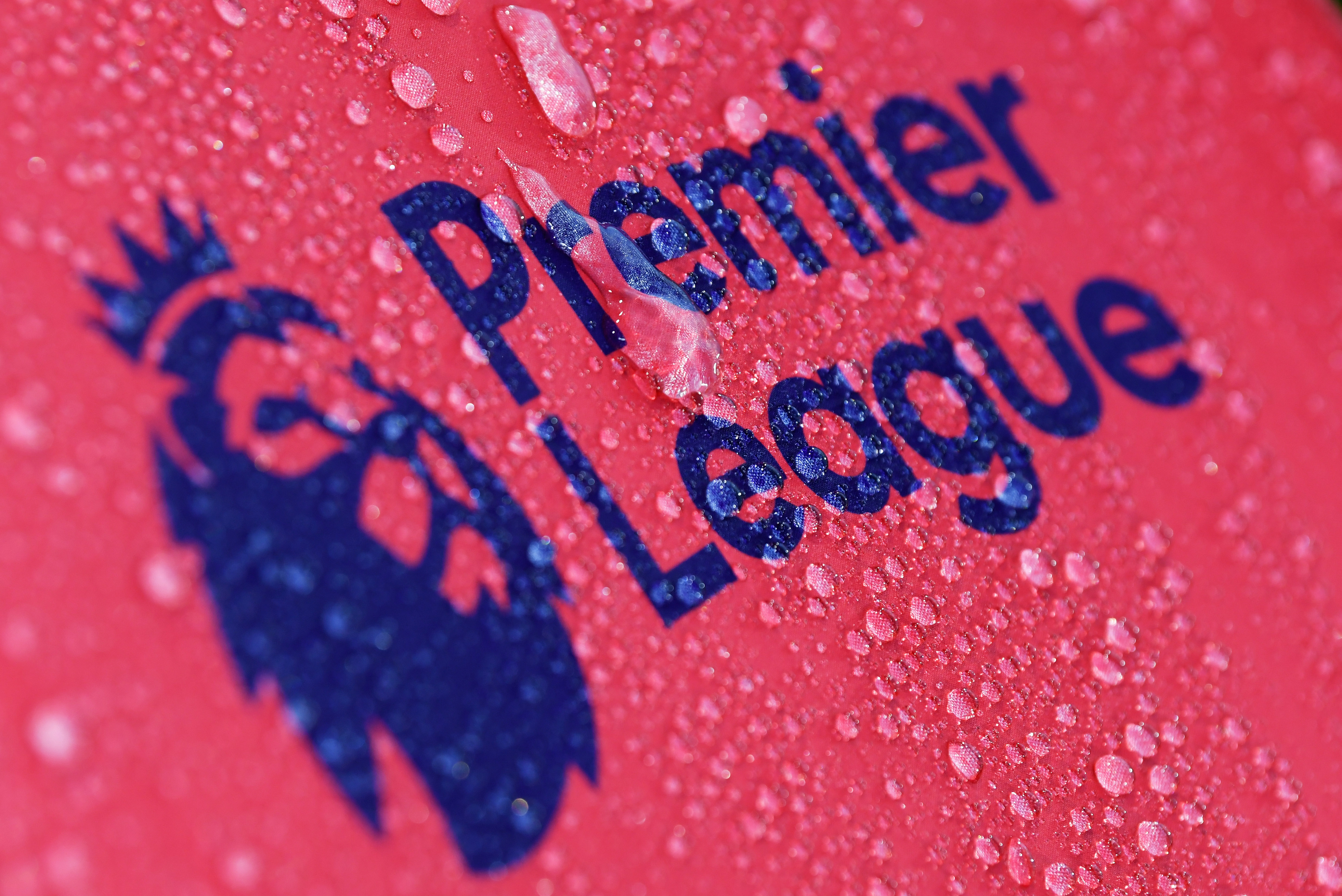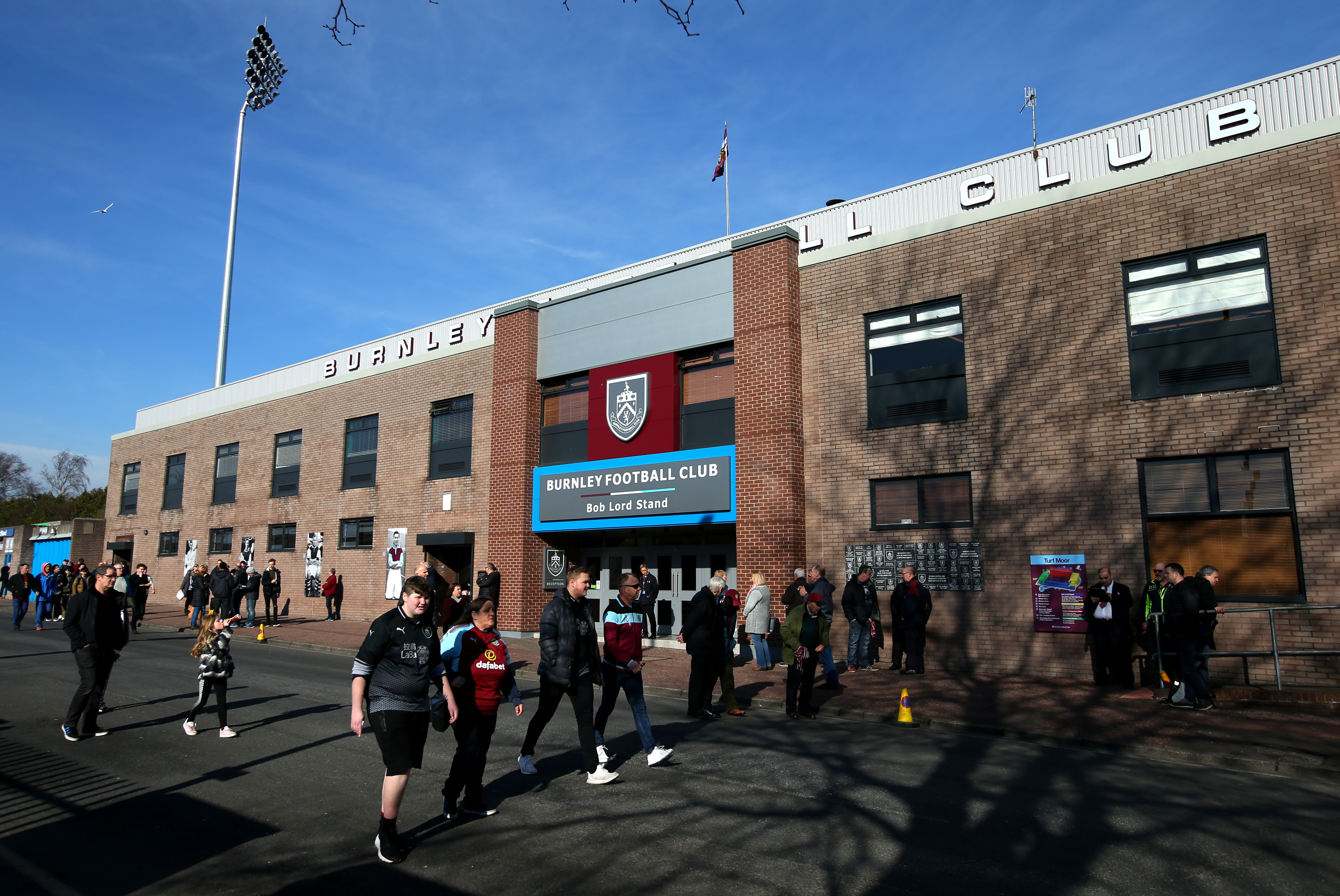– Joseph Walsh
Last week, a dull Europa league final saw Porto crowned champions, having secured a 1-0 victory over domestic rivals Braga; incidentally, both the teams are separated in the Portuguese League by a whopping 39 points. It was a final that did nothing to add to the appeal of a tournament which is widely derided in England. But is it right for English clubs, their fans and the media to look down on the tournament with such scorn? Or is it more of an attempt to mask the failings of English teams in the competition?
Indeed, in the Premier League, Tottenham and Liverpool were hardly going all out to secure participation in next season’s competition, as the race for the fifth place petered out rather than heating up to a dramatic climax. In the end, Tottenham took the honours, if one could say so, by beating Liverpool 2-0 at Anfield, before condemning Birmingham City to relegation with a 2-1 victory, securing a Europa League spot in the process.
It must be noted that Tottenham’s celebrations were due to the fact they would not be starting at an earlier stage of the competition through the Fair Play league. Had they not qualified for the competition via their League ranking, their fair play record would have seen them enter the qualifying stages of the tournament; that honour will likely fall to Fulham now, who will now be forced to start their season in June! This situation is one of the primary reasons for Harry Redknapp’s desire to see his team finish fifth. After the Birmingham game he stated
‘I didn’t want to go into that Fair Play League, that’s nonsense. It would have been a disaster for everybody, to have to come back and start playing in June. It would have killed the season before it started.’
The value of the tournament is ostensibly not a high priority here. This view is widely collaborated on by the British media. A famed BBC pundit believed it was simply the chairmen’s desire for added revenue and exposure that spurs teams on to pursue a Europa League spot over lack of European football; neither the management nor the playing staff had any burning desire to be involved.
The competition is very much perceived in England, particularly by the media, as somewhat of a poisoned chalice – that somehow England’s better teams are too good for it, and the only English clubs worthy of competing in it are from mid-table and down. This explains why it is a joyous achievement for teams like Birmingham or Stoke, but an unnecessary burden for teams of the calibre of Tottenham or Liverpool, something that will drag the rest of their season down.
Fulham – only English team to make a mark in Europa League
It translates to a quite brilliant excuse for English teams, when they are knocked out of the competition by supposedly lesser teams from less competitive Leagues; their reason is that the English teams’ priorities remain with the League, and the intensity of the league reduces the importance attached to the ‘less worthwhile’ Europa League. This illustrates why strong sides, such as Liverpool and Manchester City, were knocked out so early in the competition this year, and why English teams, , with the exception of a spectacular Fulham campaign last year, have done so poorly in recent years in Europe’s second competition.
There is no denying that the tournament has lost a great deal of its pedigree, ever since its more prestigious sister tournament, the European Cup, was expanded to allow non-champions to participate in it. The knock-on effect was to take away all of Europe’s top clubs from the UEFA cup, essentially making it a second rate competition, as it would no longer be considered by big European teams who had just not won their respective leagues. Further changes to the format of the competition, and the accommodation of teams that have dropped out of the Champions League, have further degraded the competition’s value. The ludicrous system it had for a few years, which entailed five team tables playing each side once, with the top three teams going through, was nothing short of a joke, especially as these teams were then joined by a further eight Champions League dropouts.
Yet does this really excuse the poor performances from big English clubs, who could only make it to this tourney as opposed to the elite Champions League? Are they really entitled to believe it is below them? Besides being an extremely arrogant viewpoint, it is also greatly misleading and serves to perpetuate the idea that the Premier League is by far the best league, and such competitions are below it; this notion is wholly supported by English media and fans alike.
 Liverpool – knocked out this season, no longer in Europe next season
Liverpool – knocked out this season, no longer in Europe next season
It is quite simply a ridiculous conclusion, one which excuses the inadequacies of English clubs on the European stage. If the English Premier League was as strong as many of its biggest supporters claim it to be, than surely one of these upper mid-table teams would have won this so-called trivial competition. In fact, the exact opposite has happened. This year witnessed money bags Manchester City comprehensively outplayed and knocked out by Ukrainians Dynamo Kiev. The same squad had been assembled with vast expenses, won the F.A cup, and failed to claim second place in the Premiership only because of goal difference. It was a club that was desperate for its first trophy in 35 years, and such strength in depth would provide the team a golden chance to claim continental silverware than just enter the last 16. But they were not good enough, as being a good Premier League team is not sufficient to win the competition
City were joined in the last 16 exit by a Liverpool side, which at that point in the season, had nothing left to play for. They were out of all the domestic cup competitions, and the chances of a top four place in the league were realistically over. Both these teams had every reason to want to win the Europa League this year, yet came up short on this front. Again, with the exception of Fulham’s terrific run to the final last year, English teams have failed to make an impact on this stage. The country’s second tier clubs that qualified over the past years have all fallen early. Everton, Aston Villa and Tottenham have all failed to make a mark on the Europa/UEFA Cup, as have City and Liverpool in previous seasons; and this is not because they don’t care for the tournament, but simply that the strength in the English League is not as strong as many would deem it to be. If it were so, the above mentioned teams would have made a far more significant impact on this tournament than they have done till now.
Follow the author on twitter: @joey2hats.





